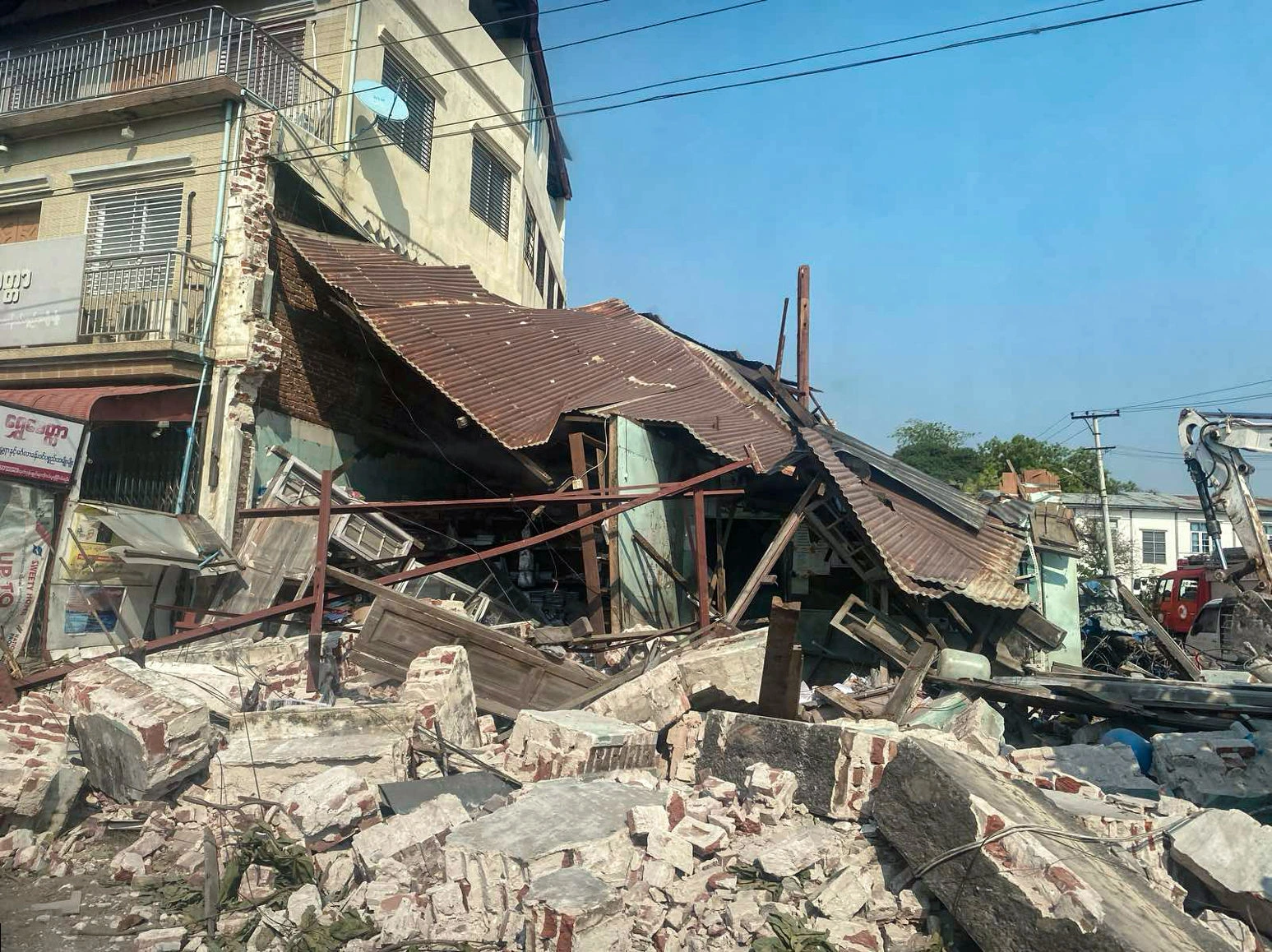After 23 years, the international humanitarian organisation Médecins Sans Frontières (MSF) is ending its presence in Peru. Its last remaining project, providing medical care for people living with HIV/AIDS in the slum of Villa El Salvador, Lima, has been handed over to the Ministry of Health.
MSF started working in Peru in 1985 when the country experienced violent internal conflict. At that time MSF brought health care to the population of the rural communities in the Andean Department of Ayacucho. In the 23 years since, the MSF activities have ranged from access to primary health care to HIV/AIDS and TB programs in complex environments. The latter included a project in Lurigancho Prison, the large and overcrowded prison complex in Lima.
MSF also responded to a series of emergencies that occurred in the country, the most recent being an earthquake on August 15 that destroyed parts of the Ica region. MSF offered support to the people affected by the quake with medical care, psychosocial assistance, drugs donations to health posts, water and sanitation activities and distribution of relief goods. This work ended in December 2007.
In recent years, MSF focused its programs on giving comprehensive care to people living with HIV/AIDS. Peru is a low-prevalence country, and the epidemic of HIV/AIDS is highly concentrated in marginalized groups like commercial sex workers, men having sex with men, drug users, people in prisons.
The project in the slum of Villa El Salvador started in 2004 and aimed at implementing a decentralized model of comprehensive HIV/AIDS care. Villa El Salvador is the second-biggest slum in Lima and houses around 500,000 people.
The MSF team has not only provided comprehensive health care for people living with HIV/AIDS in the slum but has also worked to reduce stigma and discrimination by promoting free access to care -with free single-dose medication- and empowering people living with HIV/AIDS themselves as well as local health staff.
In addition MSF has implemented for the first time the "manual CD4 count" in five Peruvian provinces. MSF has been training health providers from the Ministry of Health on this technique, which is crucial for establishing immunity levels and determining the right moment for an HIV-positive person to start anti-retroviral treatment.
"We achieved the primary objectives for this program and we have now handed over all activities of our HIV project to the Ministry of Health", says Marietta Provopoulos, Head of Mission for MSF in Peru. "The decision to hand over the project came because of the involvement of the Ministry of Health in taking over and following up our activities. The supply of AIDS-drugs is guaranteed for the next year and the Global Fund to fight AIDS, Tuberculosis and Malaria has invested strongly in support of Peru's national HIV/AIDS strategies, so we think now is the right time for MSF to withdraw."
From 2006 onward, MSF has been gradually handing over all its activities in Villa El Salvador to the Ministry of Health. These activities include drug supply and the treatment for around 100 patients, decentralized from the San Jose HIV reference hospital to three peripheral health centers in Villa El Salvador, allowing patients to have their medical follow-up closer to their homes.
MSF has trained more than 2,000 health staff and implemented the Voluntary Counseling Test (VCT) in more than 30 health centers. Since the beginning of the project 482 patients affected by HIV/AIDS have been enrolled and 342 of them were put on anti-retroviral treatment.
"After the handover of our last remaining project we are now ready to leave the country after 23 years of continuous assistance," concludes Marietta Provopoulos. "Of course we will be ready to respond in the future if new emergencies in Peru require our response."


